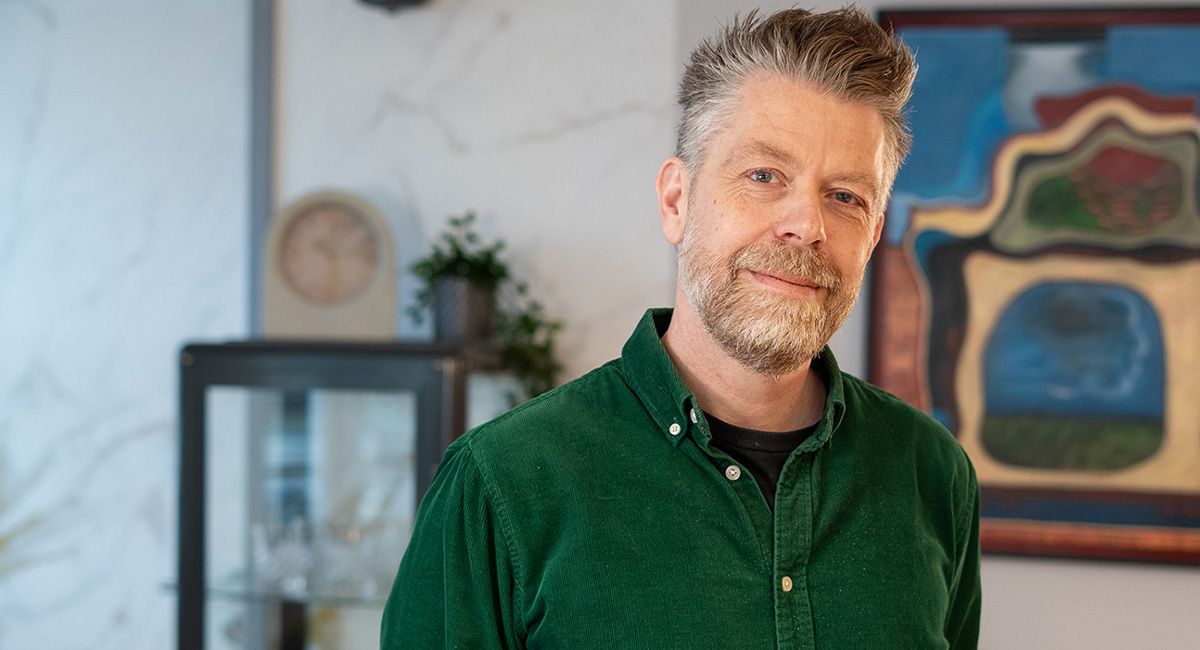Dutch citizens want a different euthanasia law
A majority of the Dutch population would like to see euthanasia legislation that gives patients themselves the final say on their euthanasia, rather than a doctor. Under the current euthanasia law, a doctor must determine whether there is unbearable and hopeless suffering before euthanasia can be considered. Research by Motivaction shows that the Dutch people prefer a specially trained counselor to determine through conversations with the patient whether they have a desire to die. If that is the case, then a doctor will proceed with euthanasia. This alternative euthanasia legislation was developed by end-of-life activist Wim van Dijk and supporters.
61% of the Dutch population is in favor of the alternative euthanasia law, while 54% is positive about the existing euthanasia law. However, when given a choice between the two laws, 60% favor the alternative law and only 21% prefer the current law. Even supporters of euthanasia are six times more likely to choose the alternative law over the current law.
A large group of Dutch people believes that a doctor can determine whether someone is suffering unbearably and hopelessly (60%) and that the doctor should do so when a patient requests euthanasia (57%). However, this should no longer be the decisive factor in the application of euthanasia. Only 29% believe that the doctor should have the final say.
Most people agree that a doctor can have a role in euthanasia but should not have decision-making authority over its application. 50% believe that a patient should be able to decide on their own end-of-life even if they are not suffering unbearably and hopelessly. 17% disagree with this.
According to the close ones of a patient, euthanasia proceeds uncomfortably in about one in ten cases (12%) and restlessly in 9% of cases. Palliative sedation, often used when euthanasia is refused, is experienced as uncomfortable by just over one in six patients (18%) and restless by 17%.
The survey was conducted between May 17 and May 24, 2023, among a representative group of 1,055 Dutch citizens (n = 1,055).




Groundbreaking Dutch idea changes the lives of seniors with severe dementia

Mirror Review Magazine: Glocalities, one of the visionary leaders in the Market Research industry for 2021














